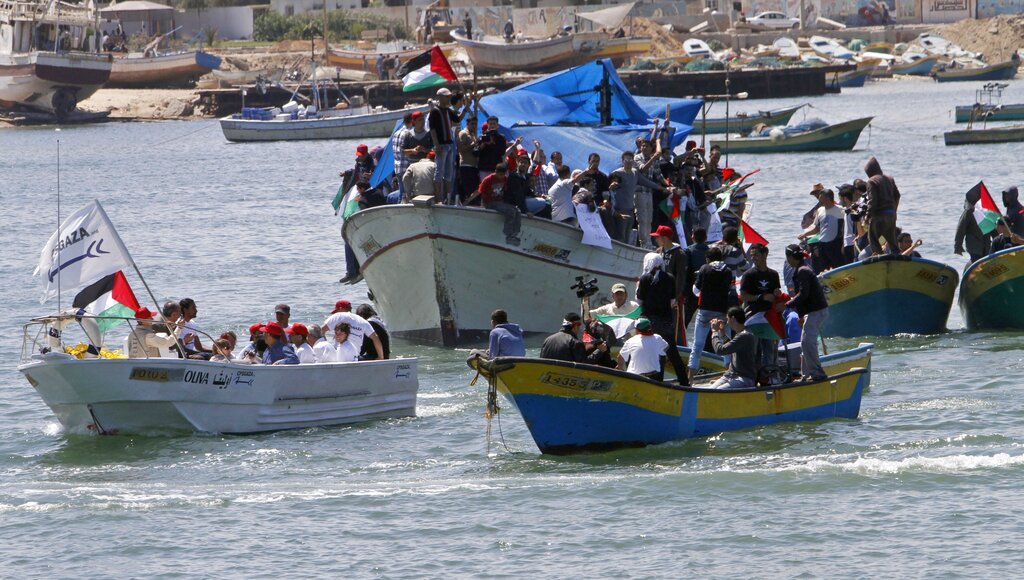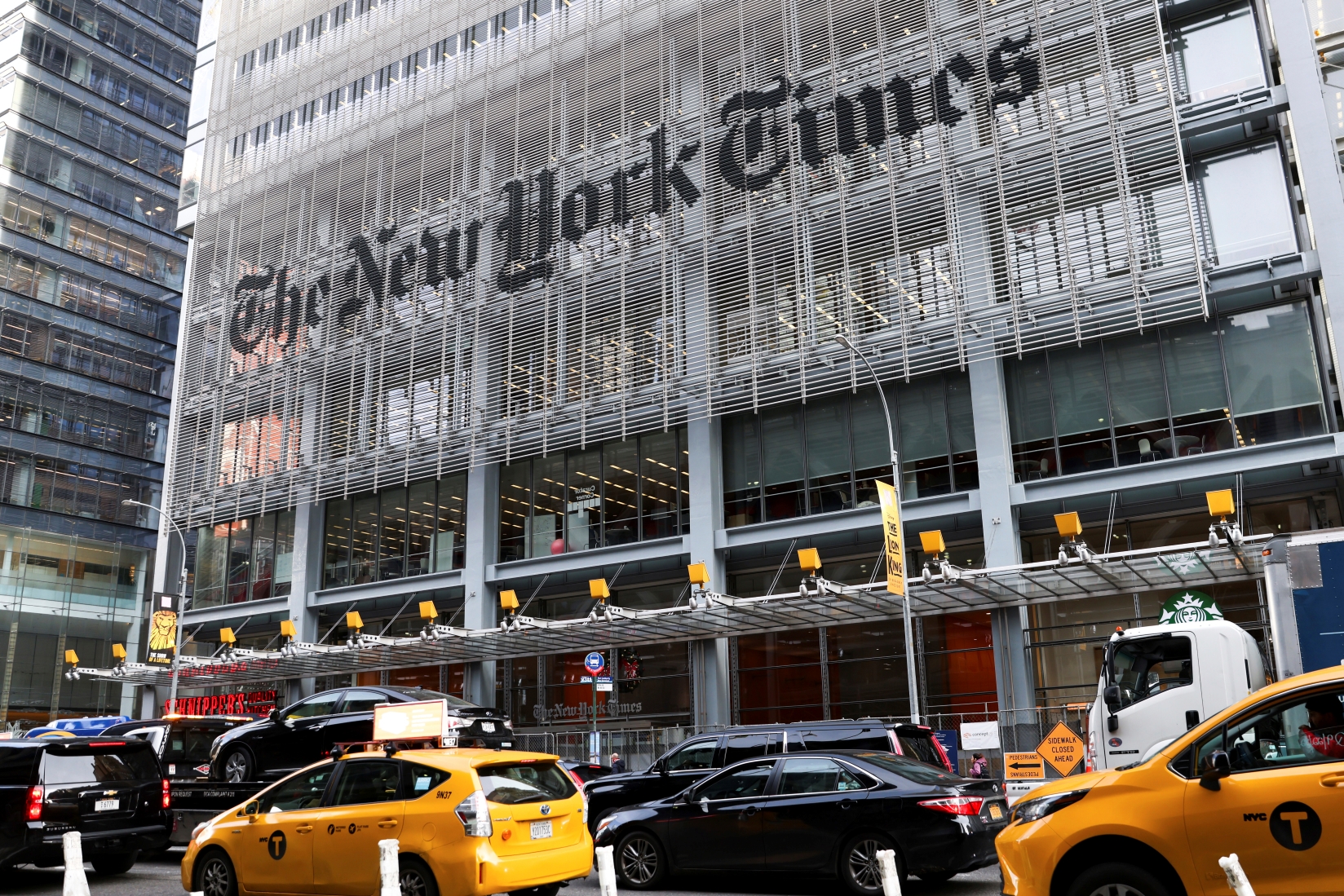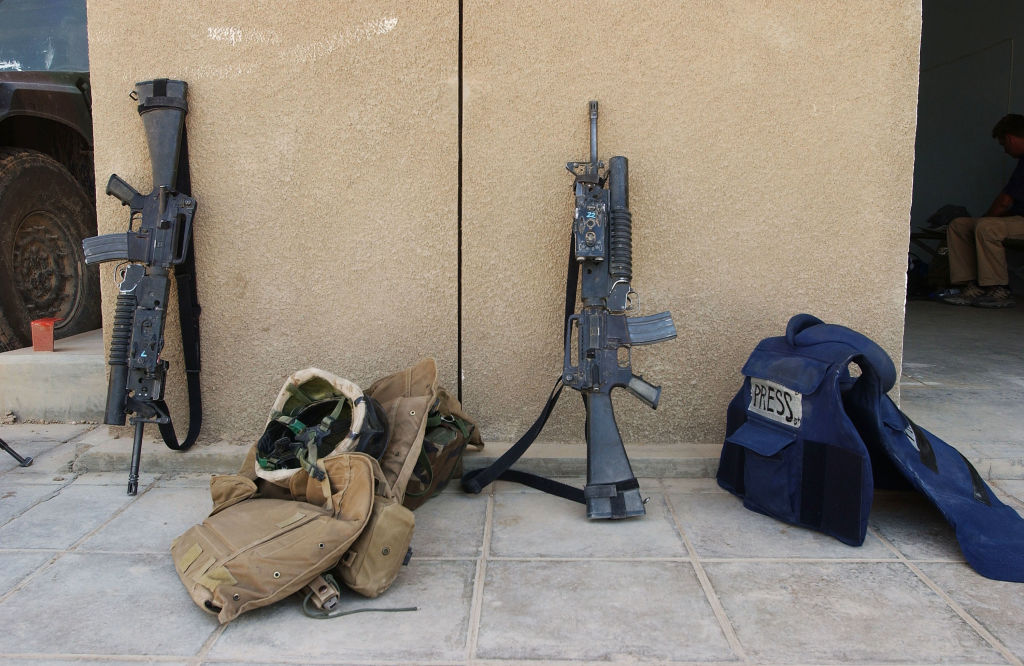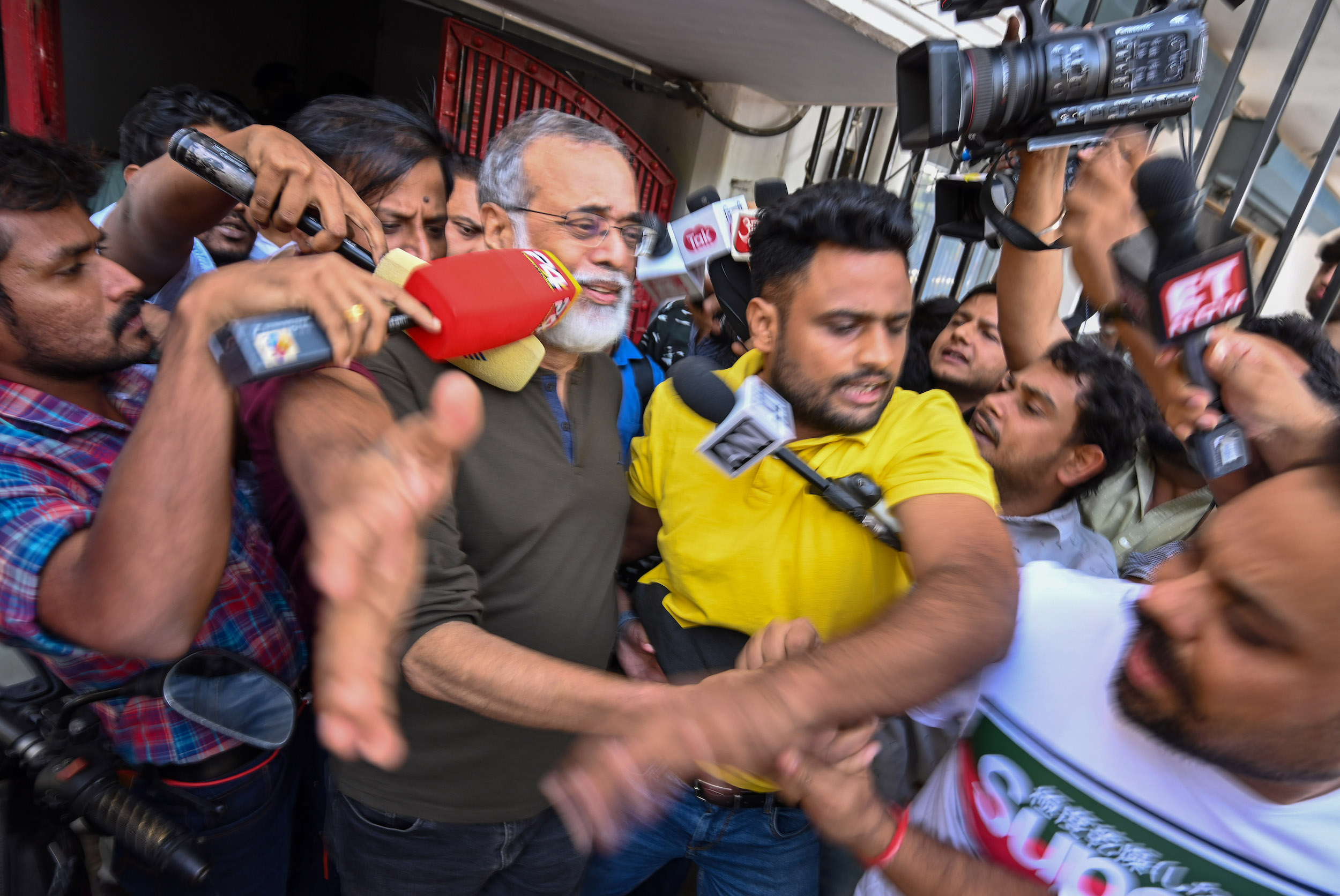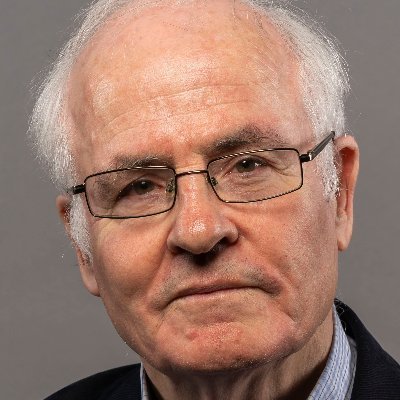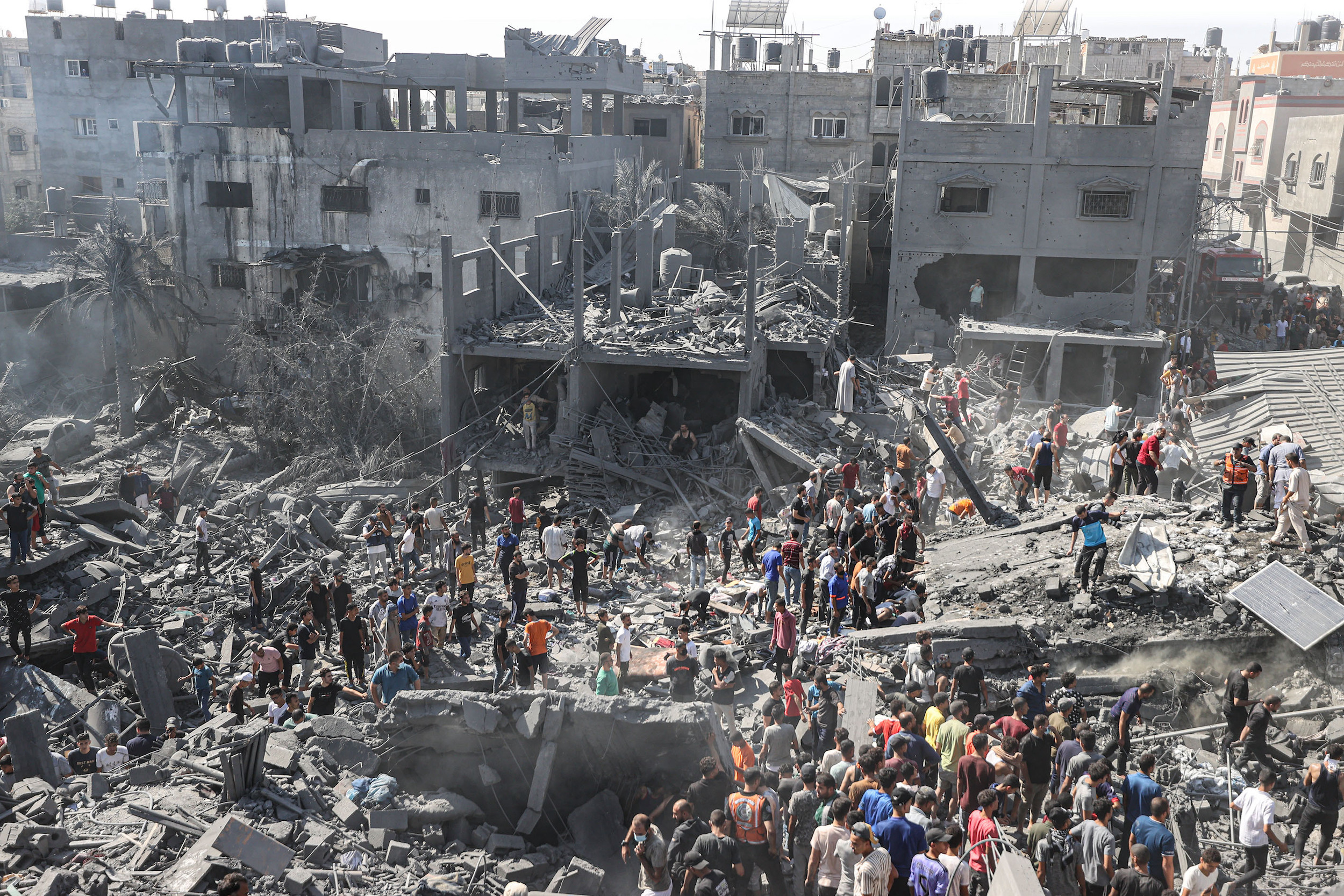تحجب الحكومة الأردنيّة في كثيرٍ من الأحيان المعلومات عن الصحافة، بينما تظهر في وسائل الإعلام الخاصّة ممارسات غير مهنيّة بشكلٍ متكرّر، أما الإعلام الرسمي فينشغل بالترويج للسلطة مع كل حدثٍ كبير في المملكة. ساهم كلُّ ذلك في انتشار الأخبار الكاذبة وغير الدقيقة، حتى باتت مشكلة تُطرح لها مشاريع للحلّ من أعلى رأس في الدولة، أي الملك، ومن الحكومة كذلك، وحتى من منظمات المجتمع المدني التي راحت تضع مشاريع لحل هذه المشكلة، كان آخرها إضافة منهجٍ دراسيٍّ حول التربية الإعلاميّة، موجّهٍ لطلبة الجامعات والمدارس على شكل مساقاتٍ دراسية.
كيف تتشكّل الأخبار الكاذبة؟
يُعتبر الأردن إحدى ثلاث دول عربيّة لديها قانون حق الحصول على المعلومات، إلى جوار تونس (1) ولبنان. ومع ذلك، لا يبدو أن سياسة الإفصاح عن المعلومات هي ما تنتهجه الحكومة الأردنية في كثير من القضايا. يقول الصحفي الاستقصائي محمد غباري إنّه تقدَّم للحكومة بــ 28 طلبًا من أجل الحصول على معلومات لغايات تحقيق صحفي عام 2016، تلقّى إجابات على ثلاثة منها فقط، وحتى هذه الإجابات يصفها بأنَّها "لم تكن مفيدة".
تعترف الحكومة على لسان وزير الثقافة ورئيس مجلس المعلومات فيها محمد أبو رمان بوجود حجب للمعلومات عن الصحافة والمواطنين، حيث يقول الوزير في حديث خاص لمجلة الصحافة إنه "ما تزال هناك عقليّة في عدد من الدوائر الحكومية تتعامل مع المعلومات بحذر شديد، وهذا أدى إلى انتشار الشائعات، وإضعاف الثقة بين المواطن والدولة". ويضيف أن "انتشار الإشاعة ليس سببه حجب المعلومات وحسب، بل إنَّ التطور التكنولوجي، واستسهال الناس لنقل المعلومات، خلق عبئا كبيرًا على الحكومة من أجل تصحيح الأخبار".
تُخفي الحكومة معلومات كثيرة عن الصحافة والمواطن حول قضايا مهمّة، مثل تفاصيل أكبر صفقة للغاز بين الأردن وإسرائيل، ومعدلات الفقر في الأردن. ولا تقف ممارساتها عند حجب المعلومات وحسب، بل تتعدى إلى إصدار النائب العام لقرار حظر النشر في بعض القضايا التي تُثير الرأي العام، ويكون فيها مصدر المعلومات من مكان آخر غير الدوائر الرسميّة.
يرصد تقرير صحفي (2) لموقع "حبر" أُعدَّ عام 2016، ما مجموعه 15 حظرًا للنشر جرى بين عامي 2014 و2016 في قضايا أثارت الرأي العام. وكان سبب الحجب اعتباره "خطوة استباقية يقصد بها حماية المجتمع من الإشاعات" على حد تعبير مدير هيئة الإعلام الأسبق أمجد القاضي.
وبدلا من كشف المعلومات للصحافة، تلجأ الحكومة إلى وسائل إعلامها لتنشر روايتها الرسميّة عن الأحداث، أو تبني تلك الوسائل للرواية الرسمية، دونا عن غيرها، في كل قضيّة تحدث في الأردن، كما حدث في تغطية التلفزيون الأردني لـ "فاجعة البحر الميّت" (3).
إضراب المعلمين في الأردن
كانت ممارسة الإعلام الرسميّ، وشبه الرسميّ، في ترويج رواية السُلطة؛ واضحة في قضيّة إضراب المعلمين العاملين في قطاع التعليم الحكوميّ في الأردنّ، إذ وبمجرد الإعلان عن نيّة نقابة المعلمين تنفيذ إضراب في الأردنّ، والذي بدأ في 8 أيلول من هذا العام، نُشرت في الصحف شبه الرسميّة الأردنيّة تغطيات للإضراب خالفت القواعد الصحفيّة؛ إذ اكتفت في الأيّام الأولى من الإضراب بنشر تقارير وأخبار تنقل فيها وجهة نظر الحكومة وحدها، وفي مرات أخرى نقل أخبار، في محاولة للتأثير على مجريات الإضراب، دون التأكَّد من هذه الأخبار أو محاولة أخذ رأي النقابة، واكتفت بنقل أخبار حكوميّة وأخرى دون مصادر.
نشرت مثلاً إحدى الصحف، قبيل بدء الإضراب بقليل، عن وجود خلاف بين الهيئة العامة للنقابة ومجلس النقابة دون أن تنسب الخبر إلى أي مصدر. وهو ما تبيّن عدم دقّته وفقًا لما أكَّده الناطق باسم النقابة نور الدين نديم لمجلة الصحافة، كما نقلت نفس الصحيفة خبراً ملفقاً عن مطالبات النقابة، سرعان ما تراجعت عنه في موقعها الإلكترونيّ وقامت بحذفهِ؛ إذ نص الخبر على مطالبة النقابة برفع أسعار البنزين على المواطنين لتأمين العلاوة التي يطالبون بها، والتي كانت سبب إضرابهم، وهو ما نفاه كذلك نديم. في حديثه لمجلّة الصحافة يعلّق نور الدين نديم على هذه الأخبار، التي انتشرت من قبل الإعلام الرسمي، بأنَّها "طريقة سلبية وغير محايدة"، نافيًا في ذات الوقت أن تكون هذه الوسائل تواصلت معهم في النقابة لتتأكّد من صحة هذه الأخبار.
أزمة ثقة في الإعلام الرسمي
كل ما سبق، يدفع المواطنين إلى استقاء الأخبار والمعلومات من مواقع التواصل الاجتماعي ووسائل الإعلام الخاصة، أكثر من وسائل الإعلام الحكوميّة، وهذا ما تبيّنه توجهات متابعي الأخبار في الأردن، إذ ليس هناك وسيلة إعلام رسمية أو شبه رسمية أردنيّة ضمن قائمة أكثر 50 موقعًا (4) من حيث القراءة في المملكة، بينما توجد في القائمة، على الأقلّ، 10 وسائل إعلام خاصّة، أي أنّ المواطن الأردني يفضل وسائل الإعلام الخاصة على الحكوميّة في متابعة الأخبار.
يشرح رئيس مركز حماية وحرية الصحفيين، نضال منصور، آلية العلاقة بين الإعلام الحكومي والمواطن في حديث لمجلة الصحافة، ويتساءل "هل الإعلام الرسمي بالنسبة للمواطنين مقنع في استقصاء الحقيقة، أم يعتبرونه منصات للترويج والدعاية للسلطة؟"، ويجيب، وفقا لوجهة نظره، بأنه "في الغالب الإعلام أداة للسلطة، والناس لا تثق بالسلطة وإعلامها، وهذا يحتاج إلى تغيير سياسي وإعلامي".
دور الإعلام الخاص في انتشار الإشاعات
ليس تكتم الحكومات على المعلومات هو ما يسبب انتشار الشائعات وحسب، بل أيضا عدم مهنية الإعلام الخاص. ففي الأردن، كثيرا ما تقع وسائل الإعلام الخاصة في أخطاء عند تغطيتها للقضايا التي تثير الرأي العام. فمثلا في قضية البحر الميت، كانت التخمينات هي التي تقود التغطيات الصحفية للحادثة التي راح ضحيتها عشرات الأطفال.
وكان مرصد "أكيد" (5) ينشر تقارير دوريّة عن انتهاكات الإعلام الخاص في التغطيات لحوادث محليّة تكون فيها التجاوزات بالجملة، وهوما كانت تقوم به منصّات (6) تُعنى بتصحيح الأخبار والتغطيات مع كل حدثٍ يقع.
في ظل هذا التكتم من الحكومة على المعلومات، أو انشغال وسائل إعلامها بالترويج لها، والممارسات غير المهنية من قبل الإعلام الخاص، وتدفق المعلومات عبر الإنترنت ووسائل الإعلام الاجتماعي، تولَّدت أزمة ثقة مع الحكومة وإعلامها، وأصبح هناك ميل إلى تصديق الإشاعة. ووفقًا لمنصور فإن "الإشاعات تحدث في كل المجتمعات، وهي تعبّر عن أجندة أصحاب مصالح، أو عدم مهنيّة الإعلام. وتزايُد الإشاعات مرتبط بتزايد المحتوى في وسائل التواصل الاجتماعي وعدم وجود مصفاة للأخبار. الإشاعات أبعد من قصّة الثقة، ربّما يكون جزء منها عدم توفير الحكومة معلومات ذات مصداقيّة حول الأحداث الطارئة أولا بأول، وهذا يمكن أن يسهم في زيادة الإشاعات، إذ عندما لا تقدم الحكومة معلومات عن الأحداث حين وقوعها، فإن ذلك يساهم في تزايد المعلومات غير الموثوقة، وقد يصاحب ذلك بعض الإشاعات".
حلّ الحكومة لانتشار الشائعات
مؤخرًا أطلقت الحكومة مشروع التربية الإعلامية والمعلوماتية "الذي يهدف إلى تعليم النشء وطلاب المدارس؛ التفكير النقدي ومحاربة الإشاعة"، حسبما قالت (7) وزيرة الإعلام الأردنيّة جمانة غنيمات على هامش زيارة لها لإحدى المبادرات التطوعيّة.
ووفقا للحكومة، فإن مشروع التربية الإعلامية والمعلوماتيّة يعمد على إعطاء دروس لبعض الصفوف الدراسية في المرحلة الابتدائية حول الإعلام. ويعلّق الصحفي غباري على ذلك بقوله إن "جميع هذه المشاريع، مثل مشروع منهاج التربية الإعلاميّة، ستكون بلا معنى بدون وجود حق في التعبير، بالإضافة إلى صحافة حرّة، وعدم احتكار المعلومات من الجهات الحكوميّة". ويرى أن الحل "ليس بتعليم المواطن كيفية الحصول على المعلومة من وسائل الإعلام الرسميّة، وإنما العمل على أن تكون الحكومة ووسائل إعلامها أكثر شفافيّة".
تعمل الحكومة هذه الأيّام على تفادي كل ذلك من خلال إعادة النظر في قانون حق الحصول على المعلومات، إذ يكشف الوزير أبو رمّان لمجلة الصحافة؛ عن اجتماعات مصغرّة تجمع مؤسسات المجتمع المدني بالحكومة، من أجل صياغة بعض التغييرات على القانون، تبدأ بإعادة تصنيف المعلومات، وإعادة النظر في بروتوكول حق الحصول على المعلومة.
المراجع:

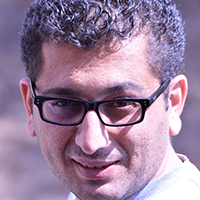






















![A demonstration against Israel's war on Gaza on Paulista Avenue in São Paulo on November 4, 2023, draws attention to the deaths of children while the media focuses on the war against terrorists. [Photo: Lina Bakr]](/sites/default/files/ajr/2024/Picture1.png)

